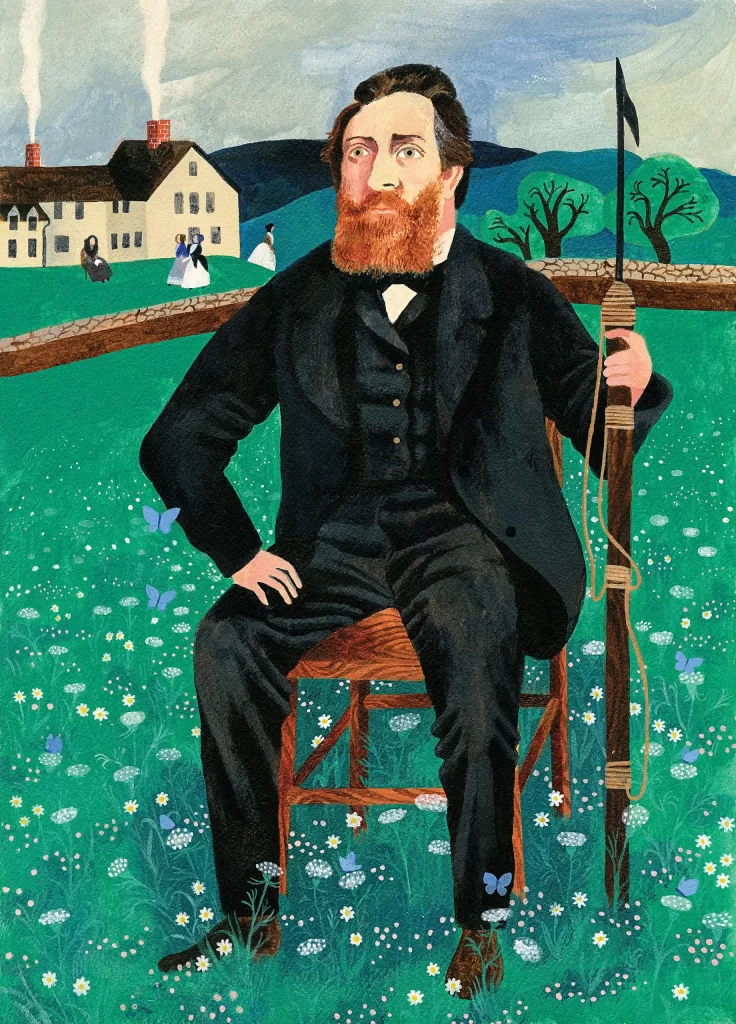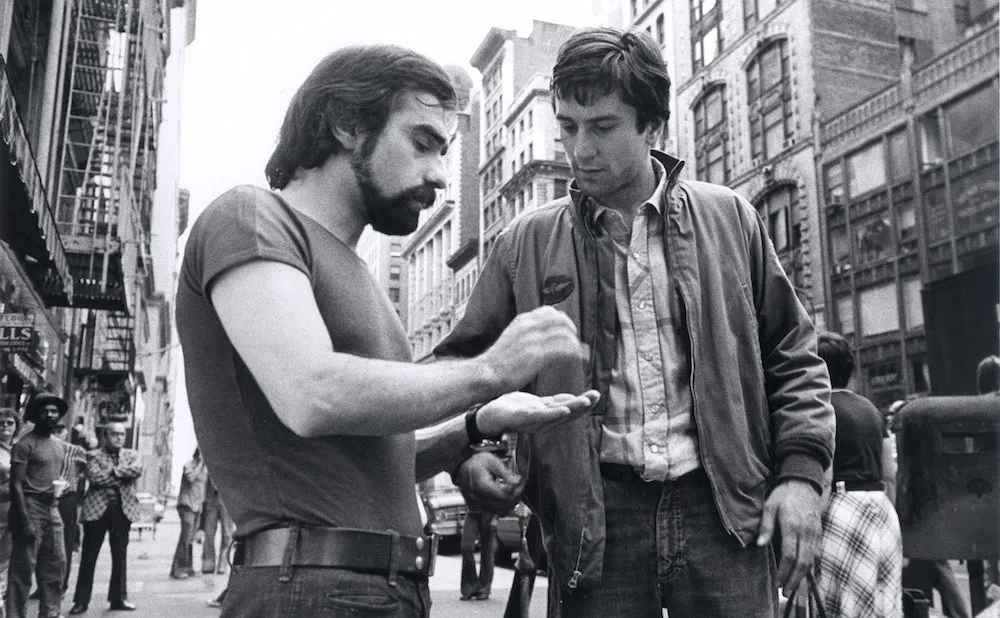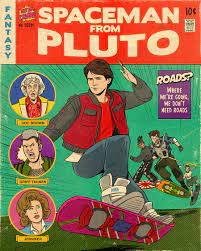
November 14, 1851
Quick, literary folks: why is this date important?
Hint: Call Me Ishmael.
Yes, on this day 172 years ago, Herman Melville wrote not only the great American novel, but one of the enduring classics of world literature. I won’t bore you with yet another tribute to this particular obsession of mine, but if you’ve not read my previous thoughts regarding Moby Dick (its import, its legacy, its staying power, etc.), start here, and if you like poetry, you may appreciate this, too.
For purposes of today’s post, my interest is not necessarily in the text itself, but the circumstances of its creation, reception, and the deleterious effects on Melville’s writing career–and life. From the link, above, courtesy of History.com:
“Melville’s sixth book, Moby-Dick, was first published in October 1851 in London, in three volumes titled The Whale, and then in the U.S. a month later. Melville had promised his publisher an adventure story similar to his popular earlier works, but instead, Moby-Dick was a tragic epic, influenced in part by Melville’s friend and Pittsfield, Massachusetts, neighbor, Nathaniel Hawthorne, whose novels include The Scarlet Letter.
After Moby-Dick‘s disappointing reception, Melville continued to produce novels, short stories (Bartleby) and poetry, but writing wasn’t paying the bills. In 1865, he returned to New York to work as a customs inspector—a job he held for 20 years.
Melville died in 1891, largely forgotten by the literary world. By the 1920s, scholars had rediscovered his work, particularly Moby-Dick, which would eventually become a staple of high school reading lists across the United States.”
What’s particularly infuriating is not that the masses didn’t instantly recognize the book as a masterpiece, or even that his own publishers failed to appreciate or promote it properly, but that they were looking for a less ambitious, less literary, more commercial work. Sound familiar?
This ugly, undeniable reality is never far from any writer’s mind, but reading, once more, about poor Melville, hit differently, and harder, as I’d just read a magnificent feature on the, well, magnificent Martin Scorsese in GQ. The entire piece can hardly be more enthusiastically recommended, but there were some insights that, even for an experienced and cynical I mean realistic arts advocate, gave me pause — and made me want to holler.
A few highlights I mean lowlights include:
One fascinating contradiction of Scorsese’s career is despite his success—critically and, more recently, commercially—he has never been a natural fit in Hollywood’s traditional studio system, and spent many of his younger decades in search of money and support to make what he wanted to make. Even his many successes, in those years, could feel like failures. “They told me one time, I think it was about Casino, where they said, ‘We made 60 million’—this is a paraphrase quote: ‘We made $60 million on that film or something like that in profit. We’re interested in making $360.’
(This, remember, is the dude who made –among too many other winners to count– Taxi Driver (’76), Raging Bull (’80), and Goodfellas (’90), three movies that, this piece rhetorically and provocatively asks, could be considered the best of each decade; that he still had to answer to any studio, for any reason, is at once offensive and laughable. Which calls to mind the fact that Francis Ford Coppola, who made three of the films that could rival Taxi Driver for best-of-decade (Godfather I & 2 and The Conversation), had to cough up $30M of his own dough to make Apocalypse Now, commonly regarded as one of the best movies of all time.)
And then there’s this series of revelations, worth quoting in full (get ready to Windex your monitor after reading):
More recently, in this century, Scorsese has struggled with the expectations of an industry that has never quite wanted what he’s wanted out of filmmaking—struggles that at times led him as close as he has ever come to quitting the business. 2002’s Gangs of New York, a longtime passion project of Scorsese’s, was in part poisoned by its producer, Harvey Weinstein, with whom Scorsese wrestled over the length and the budget of the film. “I realized that I couldn’t work if I had to make films that way ever again,” Scorsese said. “If that was the only way that I was able to be allowed to make films, then I’d have to stop. Because the results weren’t satisfying. It was at times extremely difficult, and I wouldn’t survive it. I’d be dead. And so I decided it was over, really.”
Then came 2004’s The Aviator, to which Leonardo DiCaprio was attached, and to which Scorsese found himself drawn—“the obsession of it is something that I could really understand.” But who, alongside Warner Bros., was a distributor of that film? Weinstein’s Miramax. “And I was against that; there was a meeting, and I was forced into that position,” Scorsese said. “I’d already been, uh, made pregnant, as they said. And there’s no way you’re getting out of it. But the shoot went well, the editing went well until the last couple of weeks of editing. And they came in and did some things that I felt were extremely mean.” (Warner Bros. and Miramax cut off funding for the film, he says; Scorsese ultimately finished it with $500,000 from his own pocket.)
Once again, Scorsese said, it got to the point where “I just said, ‘I’m no longer making films.’?” And yet within a few years, he’d talked himself into 2006’s The Departed, with DiCaprio again—another story Scorsese found himself wanting to tell and once again ultimately regretted trying to make when Warner Bros. purportedly asked if one of the two leads in the film, played by DiCaprio and Matt Damon, could live. (Spoiler alert: They do not.) “What they wanted was a franchise. It wasn’t about a moral issue of a person living or dying.” It was about having a character that could survive for another film. Scorsese remembers a test screening where everyone—the audience, the filmmakers—walked out ecstatic. “And then the studio guys walked out and they were very sad, because they just didn’t want that movie. They wanted the franchise. Which means: I can’t work here anymore.”
You read that kind of shit and remember that the studio bozos had the bright idea of (almost) insisting Back to the Future be renamed Space Man from Pluto. This potential debacle was deftly handled by none other than Steven Spielberg (full story courtesy of ScreenRant):
While director Robert Zemeckis and writer/producer Bob Gale didn’t want to reject Sheinberg’s suggestions outright, they were unsure how to respond – disliking his approach but fearing the producer’s wrath. In an interview with Shortlist, Gale said that Steven Spielberg himself eventually intervened, sending Sheinberg a letter in response, craftily constructed to embarrass him into submission. The letter read: “Hi Sid, thanks for your most humorous memo, we all got a big laugh out of it, keep ’em coming.” Spielberg’s message had its desired effect, leaving Sheinberg too embarrassed to admit that his concerns were real, and the production forged ahead under its original title.
Here’s the coup de grâce, courtesy of Marty (bolded for full infuriating effect):
What do you think changed with the industry that a filmmaker as talented and dedicated as you just can’t make the films that they want?
“Well, the industry is over,” Scorsese said. “In other words, the industry that I was part of, we’re talking almost, what, 50 years ago? It’s like saying to somebody in 1970 who made silent films, what do you think’s happened?” But, of course, Scorsese has theories. Studios, he said, are not “interested any longer in supporting individual voices that express their personal feelings or their personal thoughts and personal ideas and feelings on a big budget. And what’s happened now is that they’ve pigeonholed it to what they call indies.”
That is an epitaph that applies equally to films, books, and music. Streaming has found new audiences, and has made the wrong people much richer. Books are, arguably, selling more than ever, but the ostensible gatekeepers of culture aren’t above yet another project for some reality TV star. The music industry seems increasingly like something that was a 20th Century anomaly, where –without the necessity of patrons or sponsors– a songwriter could make a reasonable living simply from creating and performing.
The “tough week to contemplate the past/present/future state of the arts” became a triptych upon reading this most timely, enlightening, and depressing piece by Kate Dwyer in Esquire, entitled “Has It Ever Been Harder to Make a Living As An Author?”
A handful of passages stood out (but anyone who doesn’t know, or thinks they know, how grim the prospects of combining writing and revenue, should absorb the essay in its entirety):
A few years ago, a literary agent told me that “writing books is not a career,” which didn’t quite compute in the moment. Of course writing books is a career! I thought. What this agent meant was: writing books is not the kind of career that’s also a job. Without any other revenue streams, it’s highly unlikely that someone could make ends meet or support a family by writing novels. Most novelists have day jobs, and the majority of those who don’t are either independently wealthy or juggling a handful of projects at once, often in different mediums like film, journalism, and audio.
These days, it seems the only way for a full-time novelist to ensure financial stability and a comfortable life is to write a Big Book—a reality that’s almost entirely outside their control.
Today’s Big Books are gigantic. The sales impact of an Oprah Winfrey, Reese Witherspoon, Good Morning America, or Jenna Bush Hager book club selection ranges from the thousands to the hundreds of thousands. Sometimes, the impact approaches the millions when audio, ebooks, and paperbacks are taken into account. (During the 2022 Penguin Random House vs. Department of Justice trial, it became public knowledge that 4% of books earn 60% of profits.) Still, although overall book sales ticked up in 2020—and are still sky-high—the increased costs of printing, shipping, and paper are crushing publishers. So, while there’s a massive public appetite for books, many imprints are operating at a deficit.
This returns us to today’s business climate, where most titles, according to Sinykin, sell less than 5,000 copies. “Depending on who’s doing the counting, only somewhere between 2% and 12% of books, as of today, sell 5,000 copies,” he said.
So…where does this leave us, in late 2023?
The reality, as these three interconnected threads remind us, is that it’s always been a difficult and uncertain road, and artists getting paid is a dilemma that no app or hack (or highly-paid PR consultant) will easily resolve. Still, there’s considerable real estate to navigate in between getting the creative work done (this used to be a career in itself) and resigning to the fickle and unfair market forces. There are heroes amongst us who know where the proverbial bodies are buried, and can offer invaluable (and affordable!) guidance as you try to figure out ways forward. I happily seize every opportunity to praise my friend Jane Friedman, and I not only thank her for writing The Business of Being a Writer (for what it taught me, and for being the go-to resource whenever an aspiring writer asks me for advice). Jane has been dropping knowledge and serving as every writer’s MVP for years, and it’s with both pleasure and disbelief that I acknowledge this conversation, which you can see below, was recorded almost a decade ago! (You can see us talking about all kinds of literary things via the 14:55 Interview, here.)
Another friend & resource for writers is Courtney Maum who, in addition to being a fantastic author and literary citizen, happened to write my other go-to recommendation, Before and After the Book Deal. We had a chance to talk shop during the 2021 Virginia Festival of the Book. (Here’s Courtney and me, talking about her extraordinary memoir The Year of the Horses.)
To be continued, obviously, and for now I’ll close with some thoughts from my Director’s Note in 1455’s Movable Type annual State of the Art issue.
Technology and the times we live in ensure that art is changing and evolving; if it doesn’t, it—and the people who make it—will be outdated and irrelevant. This has always been the case.
No artist today, even a privileged one handed every opportunity, can avoid multitasking; hustle is the new normal.
I continue to find comfort in the fact that, despite increased competition for some sliver of space in our info-overload creative landscape, necessary and otherwise marginalized voices have a fighting chance of being heard. (That said, I still shudder with disdain recalling the veteran literary agent, during a panel I recently moderated, blithely insisting that good writing gets recognized, and artists need only concentrate on doing the work. This attitude reeks of entitlement and arrogance: it was misguided decades ago; to hear it in the 21st Century only proves there’s a great deal of work still to be done.)
Still true: writing skills will facilitate any number of career paths. This does not mean you will get paid to write, but the ability to communicate effectively remains a superpower in corporate America.
And I’ll leave you with yet another friend and literary goddess, the one and only Jenna Blum (who, in addition to being a NYT best-selling author and co-founder of A Mighty Blaze, is also a heroine for the lit world). From this year’s State of the Art issue, we talked about WRITERS GETTING PAID. (She was also the Keynote Speaker for last year’s 1455 StoryFest; check out our conversation here.)



